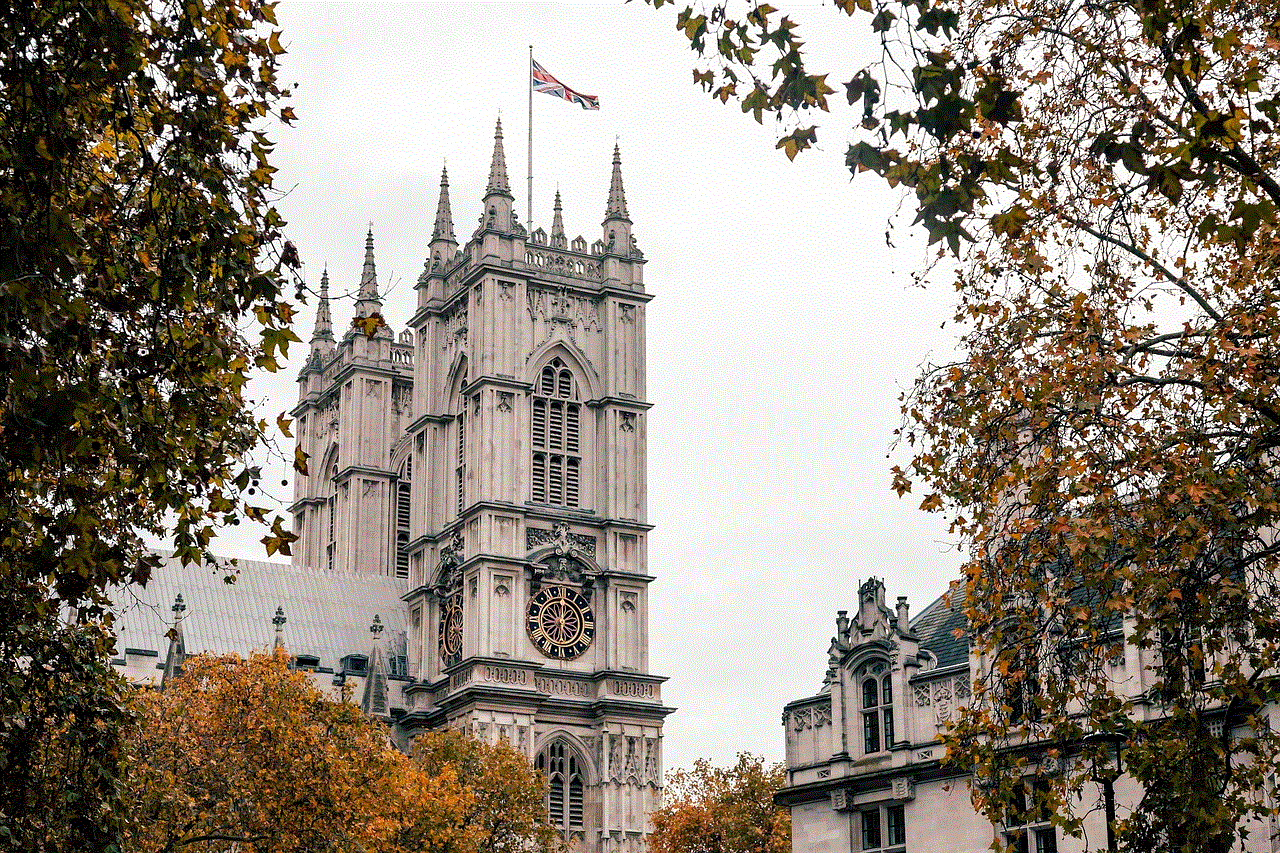why is everything blocked
Title: The Impact of Internet Censorship: Why is Everything Blocked?
Introduction:
The rapid growth of the internet has undoubtedly revolutionized our lives, offering vast amounts of information and connectivity. However, with this incredible tool comes the challenge of regulating its content. In recent years, internet censorship has become a global phenomenon, with various governments and organizations blocking access to certain websites, platforms, and content. This article aims to explore why everything seems to be blocked and delve into the reasons behind this internet censorship trend.
1. Government Control and Surveillance:
One of the primary reasons for the blocking of online content is the desire of governments to maintain control and manipulate information flow. In authoritarian regimes, censorship is often used as a tool to suppress dissent, restrict freedom of speech, and prevent the spread of ideas that challenge the ruling power. Governments argue that such measures are necessary to maintain social stability, protect national security, or combat illegal activities. However, it is essential to strike a balance between security concerns and citizens’ rights to access information freely.
2. Protecting Cultural and Religious Values:
Another reason behind internet censorship is to protect cultural and religious values. Certain societies may consider certain content as offensive, immoral, or contrary to their beliefs and traditions. Consequently, governments or religious authorities may choose to block websites and platforms that they perceive as promoting content that goes against their cultural or religious norms. While this intention is understandable, it raises questions about the suppression of individual liberties and freedom of expression.
3. National Security and Cyber Threats:
In an increasingly interconnected world, the internet has become a breeding ground for cyber threats. Governments often implement censorship measures to safeguard national security by blocking websites that promote illegal activities, terrorism, hate speech, or the dissemination of false information. While this approach may be justified to an extent, it can also be used as an excuse to limit access to information critical of the government or to silence dissident voices.
4. Protection of Intellectual Property:
The internet has made it easier than ever to share and distribute copyrighted material, leading to concerns over intellectual property rights. Governments and various organizations may block websites and platforms that facilitate the piracy of copyrighted content, such as movies, music, books, and software. While protecting intellectual property is crucial, the effectiveness of such measures is often debatable, as determined individuals can find alternative means to access such content.
5. Social and Moral Concerns:
Internet censorship is also driven by social and moral concerns. Governments and societies may block access to websites promoting pornography, gambling, drug use, or other activities considered harmful or immoral. These measures are often implemented to protect vulnerable individuals, such as children or those struggling with addiction. However, critics argue that such restrictions impede personal freedoms and should be accompanied by comprehensive education and awareness campaigns instead.
6. Geopolitical Conflicts and Propaganda:
During times of geopolitical conflicts or strained international relations, governments often resort to internet censorship as a means to control the narrative and limit the spread of opposing viewpoints. In such situations, blocking access to foreign news websites, social media platforms, or communication apps becomes a way to suppress dissent and maintain public support. This use of censorship for propaganda purposes raises concerns about the manipulation of public opinion and the restriction of independent journalism.
7. Corporate Interests and Copyright Infringement:
Internet service providers (ISPs) and technology companies may also impose blocks on certain websites or content to comply with legal requirements or protect their business interests. Companies often face pressure from copyright holders to block access to websites that facilitate copyright infringement. Moreover, ISPs may block content to comply with local laws or agreements with governments, which can range from restricting access to social media platforms to preventing the spread of political dissent.
8. Lack of Effective Alternatives:
In some cases, blocking access to certain websites or platforms is seen as a quick solution to address societal concerns or government interests. However, this approach often fails to consider the negative consequences, such as the restriction of educational resources, stifling of innovation, or hindering economic growth. Governments should focus on creating effective alternatives, such as promoting digital literacy, fostering open dialogue, and implementing transparent regulations, to address concerns without resorting to blanket censorship.
9. The Future of Internet Freedom:
As internet censorship continues to be a contentious issue, the future of internet freedom remains uncertain. Advancements in technology, such as virtual private networks (VPNs) and decentralized networks, have allowed users to bypass censorship measures. Nonetheless, governments and organizations have also become more sophisticated in implementing censorship techniques, making it a constant battle between those who seek to control information and those who strive for an open and free internet.
Conclusion:
The prevalence of internet censorship and the blocking of online content raises significant concerns about freedom of expression, access to information, and personal liberties. While some censorship measures may be justified to protect national security or preserve cultural values, they must be implemented with caution, transparency, and respect for human rights. Striking a balance between these interests is crucial to ensure that the internet remains a platform for knowledge-sharing, innovation, and global connectivity. The future of a free and open internet relies on the collective efforts of governments, organizations, and citizens to navigate these challenges responsibly.
youtube search results not showing
youtube -reviews”>YouTube is the world’s largest video-sharing platform with over 2 billion monthly active users. It has become an integral part of our lives, providing endless entertainment, education, and information. However, as with any technology, YouTube also faces its fair share of issues and glitches. One of the most common complaints from users is the failure to display search results. In this article, we will explore the possible reasons behind this problem and how to resolve it.
Before delving into the solution, let us first understand what causes YouTube search results to not show up. There could be several reasons for this, ranging from technical issues to user error. Let us take a closer look at each of them.
1. Network Connectivity Issues:
The most common reason for YouTube search results not showing up is a weak or unstable internet connection. YouTube is a data-intensive platform, and without a stable internet connection, it may fail to load search results. Users with slow or intermittent internet connections often face this issue.
2. Ad Blockers:



Ad blockers are software programs that prevent advertisements from appearing on websites. While they are useful in blocking annoying ads, they can also interfere with the functioning of certain websites, including YouTube. Many users have reported that disabling their ad blockers fixed the issue of YouTube search results not showing up.
3. Outdated Browser:
Using an outdated browser can also be a reason for search results not appearing on YouTube. The platform is continuously updating its features, and an outdated browser may not be able to support them. It is advisable to use the latest version of your preferred browser for a seamless YouTube experience.
4. Cache and Cookies:
Cache and cookies are temporary files stored by your browser to improve website speed and performance. However, over time, these files can accumulate and cause glitches on certain websites, including YouTube. Clearing your browser’s cache and cookies may help resolve the issue of search results not showing up.
5. Incorrect Search Terms:
Sometimes, users may not get the desired results because of incorrect search terms. YouTube has an advanced search algorithm that uses keywords to generate results. If the search terms are not relevant or spelled incorrectly, it may not display the desired results. Double-checking the search terms may help in this situation.
6. Server Issues:
Like any other website, YouTube also has server issues from time to time. When this happens, the platform may not be able to display search results. Users can check if YouTube is experiencing any server issues by visiting third-party websites that provide real-time information on website outages.
7. Location Restrictions:
YouTube operates globally, but certain videos may be restricted in some countries due to copyright or other legal issues. If you are unable to view search results for a particular video, it is possible that it is not available in your country. To bypass location restrictions, users can use a virtual private network (VPN) to access YouTube from a different location.
8. Blocked Channels or Videos:
YouTube allows users to block specific channels or videos from appearing in their search results. If you have blocked a channel or video, it will not show up in your search results. Users can check their blocked channels list and unblock them if they wish to view their content.
9. Google Account Issues:
Most YouTube users have a Google account, which they use to log in to the platform. However, if there is an issue with your Google account, it may prevent you from viewing search results on YouTube. Users can try logging out of their account and re-logging in to check if this resolves the issue.
10. YouTube App Glitches:
If you are using the YouTube app on your mobile device, it is possible that the app may have glitches that prevent search results from showing up. In such cases, clearing the app’s cache and data or reinstalling the app may help resolve the issue.
Now that we have explored the various reasons for YouTube search results not showing up let us look at some solutions to fix the problem.
1. Check Your Internet Connection:



The first and most crucial step is to check your internet connection. If you have a weak or unstable connection, try switching to a different network or restarting your router. If you are using mobile data, ensure that you have a strong signal. A stable internet connection is essential for YouTube to function correctly.
2. Disable Ad Blockers:
If you have an ad blocker installed on your browser, try disabling it and see if that helps display search results on YouTube. If you do not wish to disable it, you can whitelist YouTube, which will allow ads to appear on the website.
3. Update Your Browser:
Using an outdated browser can cause compatibility issues with YouTube. Ensure that you are using the latest version of your preferred browser. If you are using an older browser, consider upgrading to a newer one.
4. Clear Cache and Cookies:
Clearing your browser’s cache and cookies can help resolve various issues on websites, including YouTube. Go to your browser’s settings and clear the cache and cookies. After that, try searching on YouTube again.
5. Check Your Search Terms:
Ensure that you are using the correct search terms on YouTube. If you are unable to find a particular video, try using its title or channel name. YouTube’s search algorithm is advanced, and it can often generate results even if the search terms are not an exact match.
6. Check for Server Issues:
If you suspect that YouTube is experiencing server issues, you can visit websites like Downdetector.com to check if other users are facing similar problems. If the issue is on YouTube’s end, there is not much you can do except wait for it to be resolved.
7. Use a VPN:
If you are unable to view search results for a particular video due to location restrictions, consider using a VPN. A VPN will mask your IP address and allow you to access YouTube from a different location, bypassing any restrictions.
8. Unblock Channels or Videos:
If you have blocked a channel or video on YouTube, it will not appear in your search results. To unblock them, go to your account settings, click on the “blocked channels” tab, and unblock the desired channels or videos.
9. Check Your Google Account:
If there is an issue with your Google account, it may prevent you from viewing search results on YouTube. Log out of your account and re-log in to check if this resolves the issue.
10. Reinstall the App:
If you are using the YouTube app, and none of the above solutions seem to work, consider reinstalling the app. Reinstalling the app will clear any glitches and allow it to function correctly.



In conclusion, YouTube search results not showing up can be a frustrating experience, but it is a relatively common issue that can be resolved with a few simple steps. By following the solutions mentioned in this article, you can get back to enjoying your favorite videos on the platform. Remember to keep your browser and app updated and to have a stable internet connection for a seamless YouTube experience.